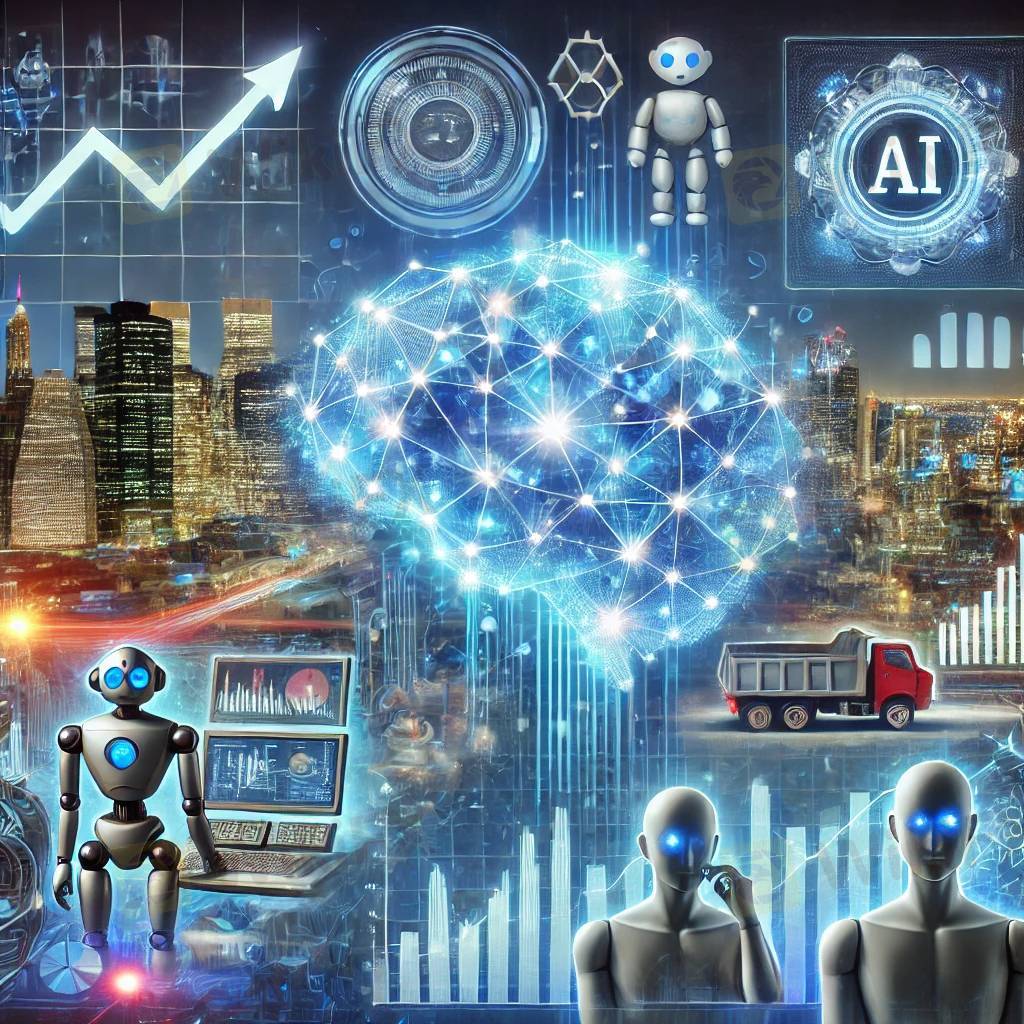
2025-02-17 19:54
In der IndustrieThe Economics of Artificial Intelligence
#firstdealofthenewyearastylz
AI is transforming economies by boosting productivity, automating tasks, and driving innovation. While it enhances efficiency in industries like healthcare, finance, and manufacturing, it also disrupts labor markets by replacing routine jobs while creating new opportunities in AI-related fields.
AI’s economic impact extends to business models, reducing costs but requiring significant investments in data, computing power, and skilled labor. Market competition is influenced by AI, with large tech firms gaining advantages while startups leverage AI to enter new markets.
Wealth distribution remains a challenge, as AI-driven automation may widen income inequality. Governments are exploring policies like universal basic income, reskilling programs, and AI taxation to address these disparities.
On a global scale, AI is a key factor in economic competition, with countries investing in AI research to gain strategic advantages. Regulations on data privacy, fairness, and monopolies are shaping how AI integrates into economies.
Overall, while AI offers immense economic benefits, careful policy planning is needed to manage job displacement, inequality, and ethical concerns.
Gefällt 0

Nike9214
Broker
Aktueller Inhalt
In der Industrie
Event-A comment a day,Keep rewards worthy up to$27
In der Industrie
Nigeria Event Giveaway-Win₦5000 Mobilephone Credit
In der Industrie
Nigeria Event Giveaway-Win ₦2500 MobilePhoneCredit
In der Industrie
South Africa Event-Come&Win 240ZAR Phone Credit
In der Industrie
Nigeria Event-Discuss Forex&Win2500NGN PhoneCredit
In der Industrie
[Nigeria Event]Discuss&win 2500 Naira Phone Credit
Kategorie

Plattform

Ausstellung

IB

Rekrutierung

EA

In der Industrie

Markt

Index
The Economics of Artificial Intelligence
 Hong Kong | 2025-02-17 19:54
Hong Kong | 2025-02-17 19:54#firstdealofthenewyearastylz
AI is transforming economies by boosting productivity, automating tasks, and driving innovation. While it enhances efficiency in industries like healthcare, finance, and manufacturing, it also disrupts labor markets by replacing routine jobs while creating new opportunities in AI-related fields.
AI’s economic impact extends to business models, reducing costs but requiring significant investments in data, computing power, and skilled labor. Market competition is influenced by AI, with large tech firms gaining advantages while startups leverage AI to enter new markets.
Wealth distribution remains a challenge, as AI-driven automation may widen income inequality. Governments are exploring policies like universal basic income, reskilling programs, and AI taxation to address these disparities.
On a global scale, AI is a key factor in economic competition, with countries investing in AI research to gain strategic advantages. Regulations on data privacy, fairness, and monopolies are shaping how AI integrates into economies.
Overall, while AI offers immense economic benefits, careful policy planning is needed to manage job displacement, inequality, and ethical concerns.
Gefällt 0
Ich möchte auch kommentieren
Einreichen
0Kommentare

Es gibt noch keinen Kommentar. Mach den ersten

Einreichen
Es gibt noch keinen Kommentar. Mach den ersten